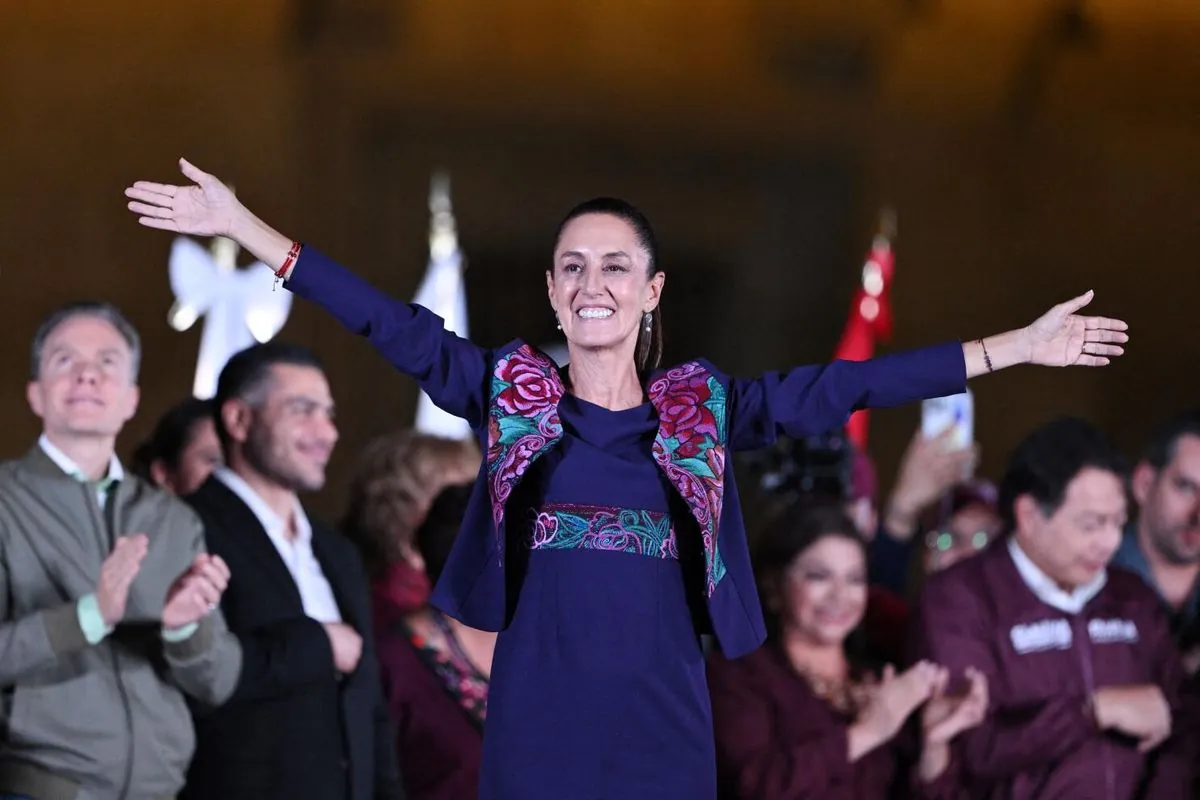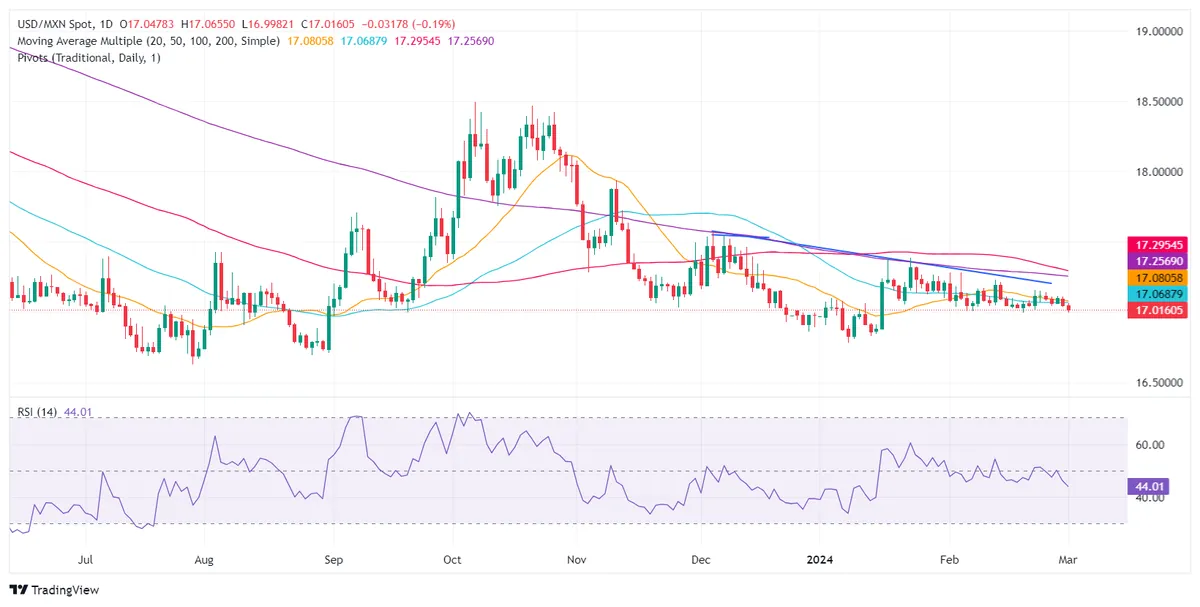Sheinbaum's Historic Presidency: Challenges and Expectations in Mexico
Claudia Sheinbaum, Mexico's first female president, takes office amid economic uncertainty and security concerns. Her presidency marks a new era in Mexican politics, balancing continuity with change.

Tomorrow, Claudia Sheinbaum will make history as she becomes Mexico's first female president, marking a significant milestone in the country's 25-year democratic journey. The former Mexico City mayor secured a landslide victory four months ago, garnering nearly 60% of the vote and establishing a formidable political mandate.
Sheinbaum's inauguration comes at a crucial juncture for Mexico, a nation steeped in rich history and cultural significance. As the oldest capital city in the Americas, Mexico City has been a center of power since 1325, and now it will witness another historic moment. The new president inherits a complex landscape, balancing the legacy of her predecessor, Andrés Manuel López Obrador, with the pressing need for economic revitalization and enhanced security.
The economic challenges facing Sheinbaum are substantial. Mexico's deficit has reached its highest level since 1988, standing at nearly 6% of GDP. The state-owned oil company, Pemex, is burdened with debt, and economic growth has been sluggish. Despite becoming the United States' top trading partner last year, Mexico's economy has underperformed compared to previous administrations. Analysts predict a modest 1.2% GDP growth for the coming year, reflecting the cooling U.S. economy's impact on Mexico.

To address these economic concerns, Sheinbaum must act swiftly to reassure investors and outline plans for fiscal stability. Her background as an energy engineer with a PhD may prove valuable in tackling these challenges. The new president has pledged to make renewable energy a cornerstone of her administration, aiming to reduce Mexico's dependence on fossil fuels while expanding electricity production.
Security remains a pressing issue for the incoming administration. Recent conflicts within the Sinaloa cartel have resulted in over 120 casualties, raising fears of escalating violence. The growing influence of organized crime groups in various sectors, including oil theft and migrant smuggling, poses a significant threat to national security.
Sheinbaum's approach to governance is expected to differ from her predecessor's. While she has promised to continue popular social programs, her style is described as more cerebral and data-driven. This approach may be crucial in addressing complex issues such as crime and public health, areas where she gained experience as Mexico City's mayor.
The new president's tenure begins amid a period of uncertainty in U.S.-Mexico relations. Recent tensions over judicial reforms and concerns about democratic institutions have strained diplomatic ties. The outcome of the upcoming U.S. presidential election in November could significantly impact bilateral relations, particularly regarding immigration and drug trafficking policies.
As Sheinbaum takes office, she faces the challenge of balancing continuity with necessary changes. Her presidency represents not only a historic moment for gender equality but also a critical juncture for Mexico's political and economic future. The world will be watching as she navigates these complex waters, leading a nation rich in culture and potential towards a new chapter in its history.
"Right now the world should be Mexico's oyster."
This statement underscores the potential opportunities and challenges that lie ahead for Sheinbaum's administration. As she steps into this pivotal role, the new president carries the hopes of a nation looking for stability, progress, and a renewed place on the global stage.


































